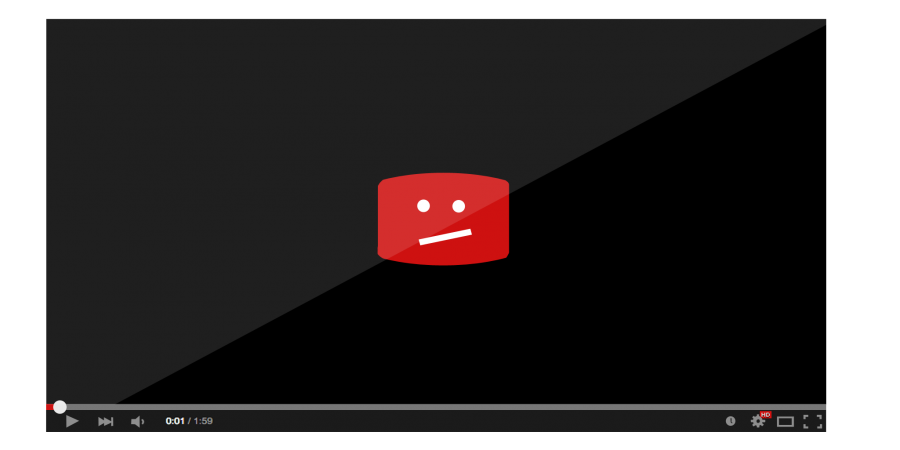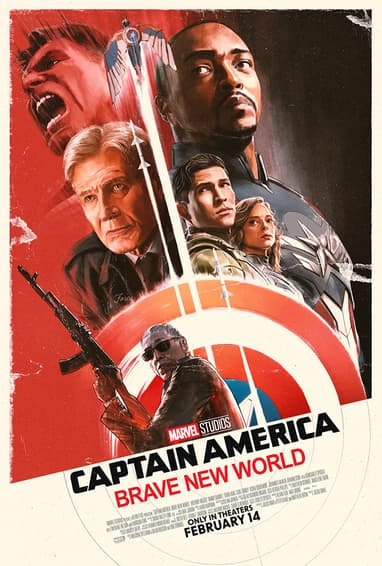Mental health videos an inefficient and offensive way to approach health education
May 21, 2015
In my experience, whenever there’s a class project that involves making a video, people try making it funny. For many, humor is the one way to make a dull presentation bearable both to create and to sit through. This is all well and good when it’s for Spanish or Dynamic Earth Science, but we should draw a line when it comes to mental health. During my sophomore year Health class, we were assigned video projects during our mental health unit. We were instructed to explain a mental disorder, and follow a rubric. My group got suicide. Generally video projects make me excited. I love planning them out with silly scripts and editing them with fitting music, but this time I was worried. suicide is pretty serious. how would our video turn out?
I steered my group away from being offensive. I dragged us away from cheap shots and sick jokes. I didn’t realize how prone people can be to making fun of such grave topics. We had next to no humor in our video (aside from a student urinating in the background of a bathroom scene because he refused to leave). Our presentation was one of the few that didn’t make light of our topic.
The project was a joke to a majority of the other students in my class. Most of the videos were mockeries riddled with worn out stereotypes. For example, one video featured a person suffering from bipolar disorder sitting forlorn one second and ecstatic the next; a harmful preconception. The next was an extremely offensive self‐harm video complete with a shot splattered with fake blood.
The videos trivialized mental disorders by keeping to the cliché. Students didn’t learn anything from making and watching the videos. After all, the jokes and stereotypes weren’t new to many of us, and the presentations were anything but educational. The project helped my peers internalize caricatures of the real disorders. All the videos did was give students the chance to laugh at serious disorders that take over some peoples’ lives.
I don’t completely blame the students, although they should be held somewhat accountable for their senseless jokes. In the mental health unit we weren’t taught much about the mental disorders we were presenting. We were just thrown into the video projects and supposed to learn for ourselves through research. research, might I add, that almost everyone in my class protested to, and consequently, slacked off on. I understand the push to be self‐directed learners; however, I don’t think it’s wise to leave students to their own devices for such a fragile subject.
Instead of throwing my classmates completely green into this project, there needed to be more in‐depth preparation for the undertaking. Our teacher should have explained triggers and how to avoid them in our films. This would have helped some of the students who blindly were offensive, without the intention to do so. If we were warned against making fun of the mental disorders and urged to look up real facts, at least some of the students would have cleaned up their act. even with these precautions taken, there still would be students who did not take the project seriously and or wanted to be offensive (there were a few such students in my class).
My teacher worried that lecturing the class on mental health would make us depressed. there are solutions to this predicament that avoids student made videos. we should have had representatives come in to speak to us about mental health more often. A charismatic speaker with a relatable story would be able to captivate the class and teach them accurately. Having an psychologist or therapist come in and run a workshop could provide the hands on element my teacher strove for.
There are right and wrong ways to teach a subject. For some classes a hands on approach is needed, others a simple power point is suffice. for the mental health unit, student made films were definitely the wrong approach. My teacher justified the use of the videos in the curriculum by saying, “we learn best by laughter,” but all I really learned is that if you have a mental illness it’s going to be met with laughter.








